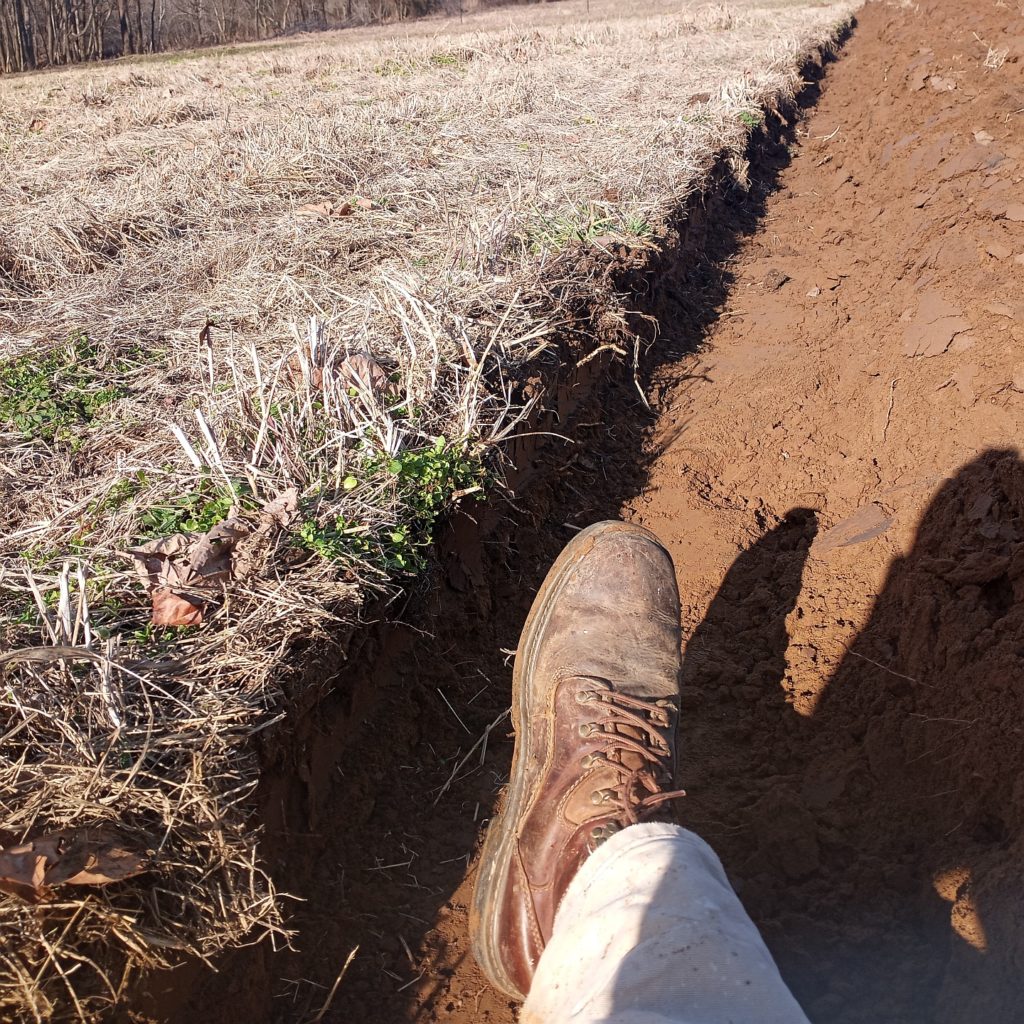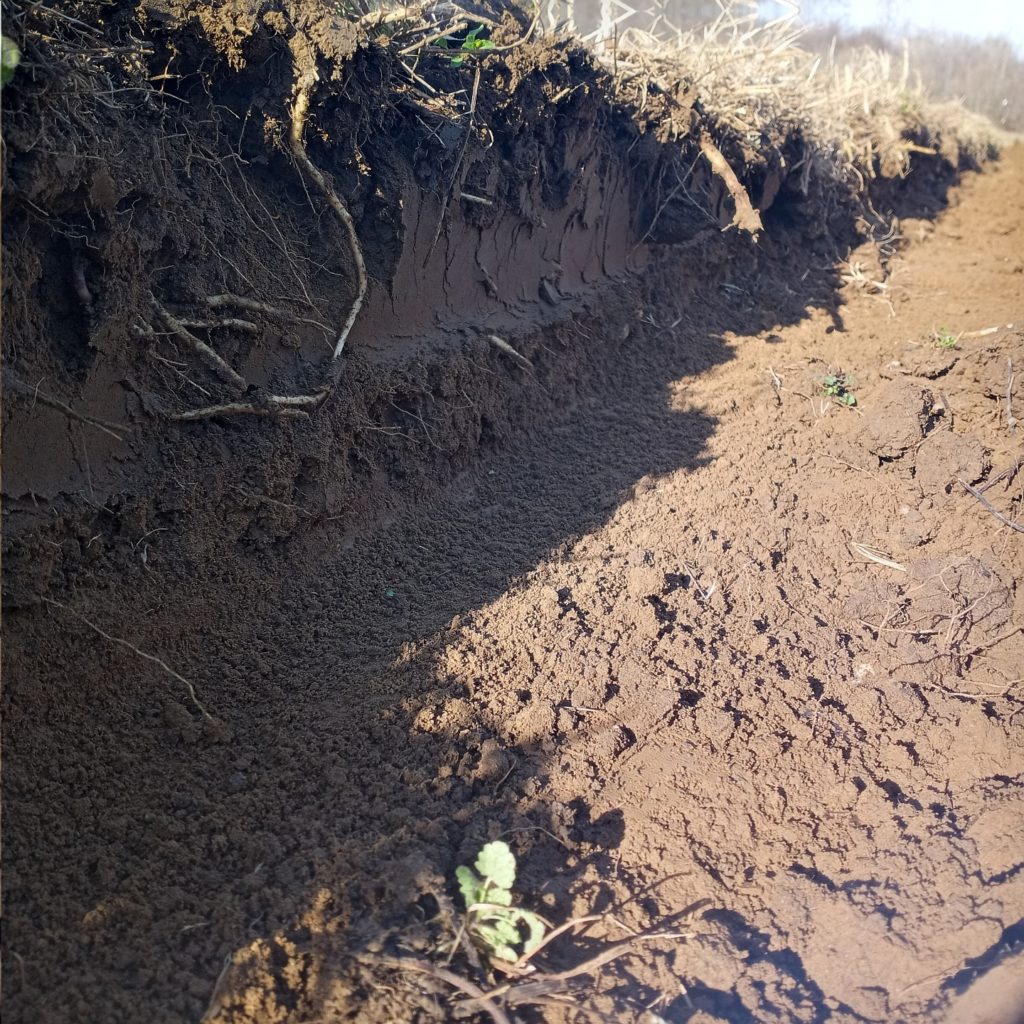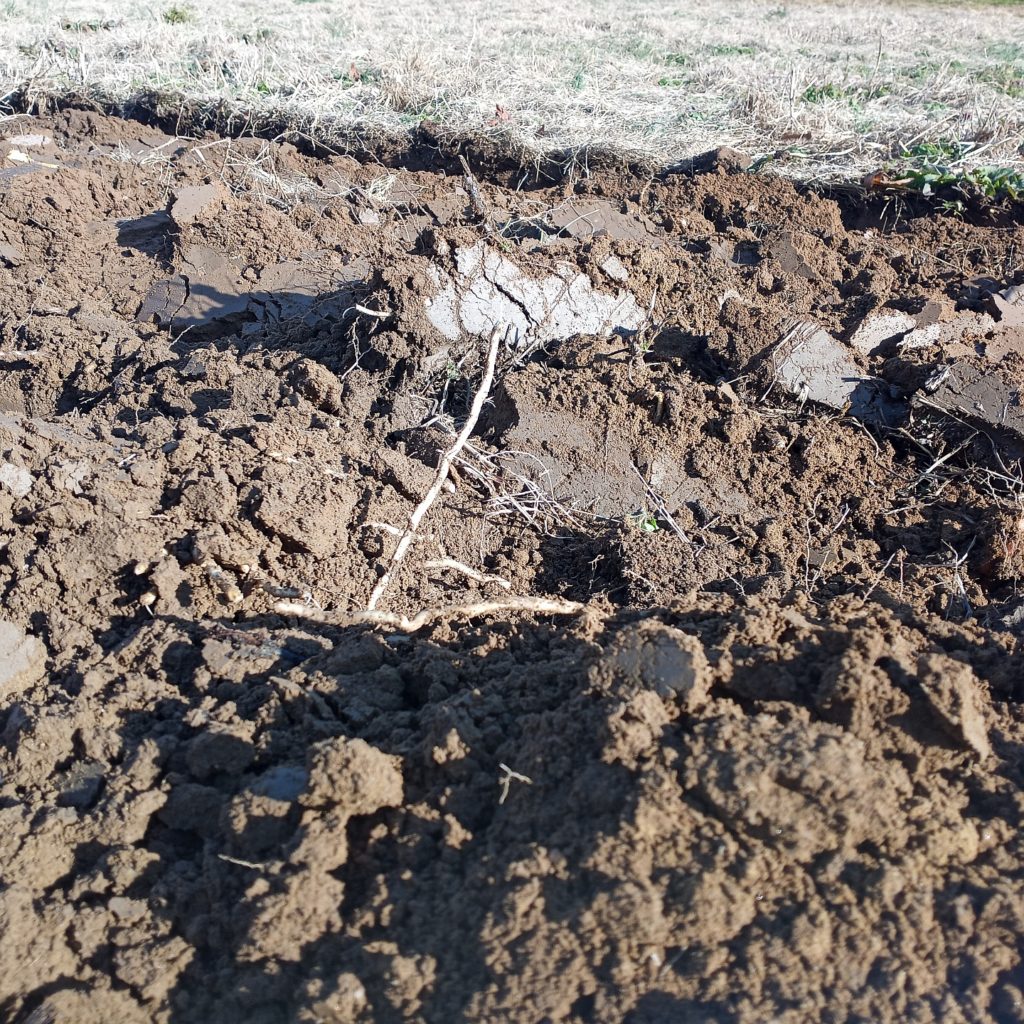The American Climate Partners owns the contracting enterprises SoilKeepers and Virginia Wildlife Habitat Cooperative. ACP also owns the largest comprehensive, industrial, river cleanup program on the East Coast – StreamSweepers. StreamSweepers work and findings seep into how we do landscape contracting. SteamSweepers has a long running partnership with the National Cancer Institute. StreamSweepers and NCI will likely publish a peer reviewed paper this year revealing the results of Endocrine Disrupting Compound (EDC) water quality analyses on Virginia rivers showing the presence of compounds affecting a variety of endocrine systems.
Therefore, we are concerned about the use of EDC compounds in our contracting work. It turns out that compounds used in some herbicides are EDCs. When we become aware of these we will not use them in our work, or at least not broadcast them near streams, rivers, and residences. And just to say we’re not fundamentally against herbicides used in agriculture and lawn maintenance. We use them on a spot basis to control some invasives. What we won’t do is broadcast spray them in certain situations. And frankly, with some of them, we don’t want our staff using them on a regular basis from a human health risk perspective.
So, we have to find other ways to control invasive species. And there are lots of ways. One that we use as a last resort is plowing. Plowing undoubtedly harms soil biology. But our view is that considering all that goes into the manufacture, use, and downstream effects of herbicides that contains EDCs, it is a path of less harm.



Where we are using deep plowing, down 6-8 inches is in the control of thickets of Johnson Grass – essentially where a several year old stand has become a monoculture. This is the way invasive plants used to be controlled before there were herbicides.
Johnson Grass rhizomes go way down. We get under them and get them exposed to desiccate roots and destroy cell walls through freeze-thaw. Is it 100% effective? No. Neither are herbicides. In fact, salt based herbicides alter soil biology creating conditions that in the long run favor plants that can scavenge nitrites rather than nitrates and ammonia. Guess which type of plants are efficient scavengers of nitrites? Invasives.
Johnson Grass is here to stay. Cattle folks love it. But in some situations, it’s a bully that reduces biodiversity. And where that is a management goal, then in some situations, we believe there can be a role for the deep plow.
